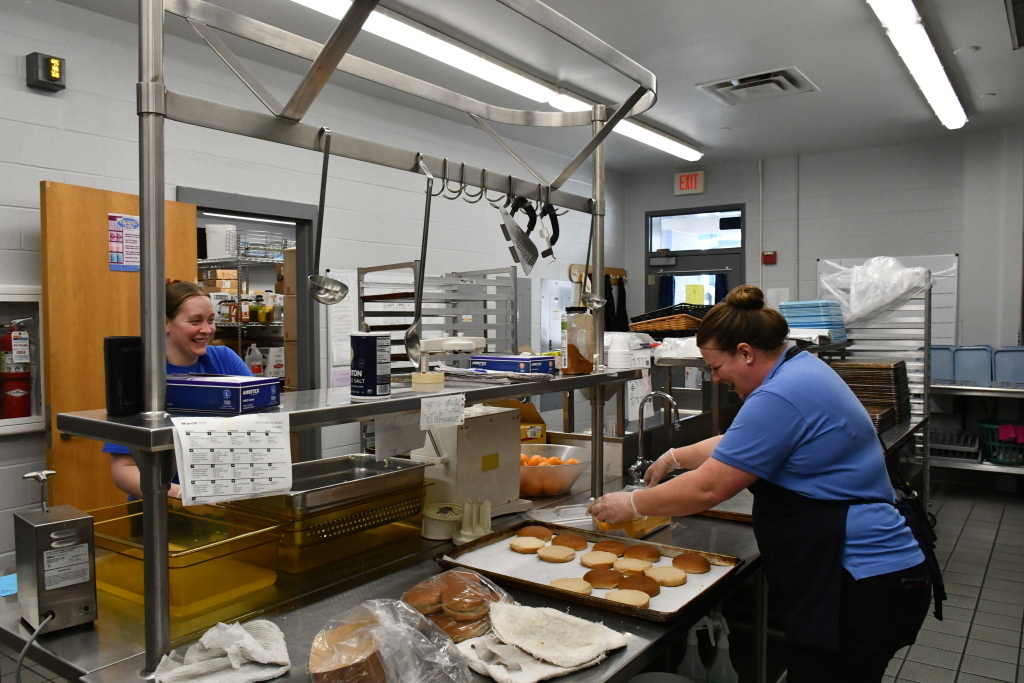There are ever increasing links between social media use and mental health crises in adolescents. Research indicates that the overwhelming use of social media could pose a threat to adolescent safety and cause lasting damage.
A cause for concern is teens not having control of their social media use.
A Pew Research Center survey says up to 98% of teens use social media with more than a third using it “almost constantly.”
This means that Generation Zoomers—usually defined as people born between 1996 and 2012—are “chronically online,” and experts are connecting that to an increase in a variety of mental health crises, such as depression, eating disorders, anxiety, fear of missing out, and social media addiction.
“The rate of adolescents reporting symptoms of major depression in a given year increased by 52% from 2005 to 2017,” according to a 2019 study by the American Psychological Association. “From 2009 to 2017, it grew by 63% in adults ages 18 to 25.”
The report noted that this increase was accompanied by the sudden climb of phone popularity and use in 2007.
A study by the Gallup Walton Family Foundation found similar results.
“Only 41% of Gen Z members aged 18 to 26 are thriving, while millennials at the same age were thriving at a rate of about 60%,” according to the study.
The internet is not safe for children or adolescents; it’s compulsive and closely resembles a nicotine addiction.
”Just like use of alcohol, nicotine, or drugs, the act of swiping triggers neurological reward. Over time, the brain learns to seek social media instead of more natural rewards, putting users at risk of dissociation with meaningful priorities. As with drug addiction, younger users are at greatest risk, “ said Sharon Levy, a board certified Developmental-Behavioral Pediatrician and an Associate Professor of Pediatrics at Harvard Medical School.
Just as nicotine would give the user a serotonin spike, so does a social media post getting a like. The less the post would earn, the less fulfillment the user would get.
This is why social media addiction is considered an addiction by the World Health Organization.
Social media has also increased cyberbullying among teens.
According to the Pew Research Study, “Nearly half of U.S. teens ages 13 to 17 (46%)” report experiencing cyberbullying that included physical threats, offensive name calling, spreading of false rumors, receiving explicit images, having explicit images of them shared without consent, and other intrusive questions.






